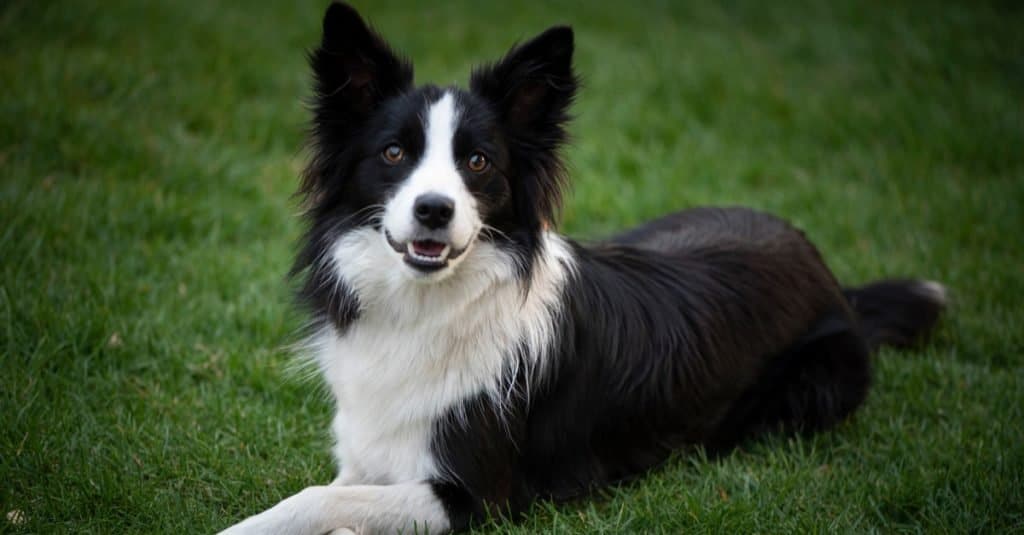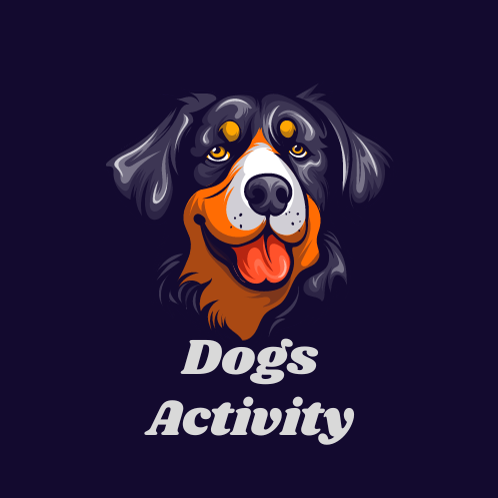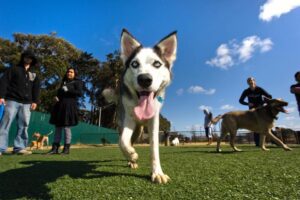
Dogs have long been cherished companions to humans. These loyal, loving animals come in various shapes, sizes, and temperaments, each contributing to the richness of the human-canine bond. In the realm of canine companionship, it’s essential to be familiar with the terminology that surrounds our four-legged friends. One common question that often arises, especially among new dog owners, is “What is a male dog called?” In this article, we will delve into the fascinating world of canine nomenclature, exploring the various names for male dogs, their significance, and some fun facts about them.
I. Male Dog Terminology
- Dog
The most common and straightforward term for a male dog is simply “dog.” When we talk about our canine companions in general, regardless of their gender, we refer to them as dogs. Dogs are among the oldest domesticated animals, with a history that spans thousands of years. They have played a significant role in human civilization, serving as hunting partners, herding animals, and, most importantly, loyal companions.
- Canine
The word “canine” is a more formal and scientific term for a male dog. It is derived from the Latin word “canis,” which means “dog.” While it’s not commonly used in everyday conversation, you might come across it in medical or scientific contexts, such as veterinary textbooks or research articles.
- Hound
“Hound” is another term that can be used to describe a male dog, particularly when referencing breeds that are known for their hunting and tracking abilities. Hounds are often associated with their keen sense of smell and are used in various hunting activities, from tracking game to locating missing persons.
- Stud
In the context of breeding and reproduction, a male dog is often referred to as a “stud.” A stud is a male dog that is used for breeding purposes because of its desirable genetic traits or breed standards. Stud dogs are typically selected based on their pedigree, temperament, and physical characteristics. The goal of breeding is to produce healthy and purebred puppies that meet specific breed standards.
II. Canine Terminology Based on Breed and Origin
- Dog Breed Names
Male dogs are often identified by their breed names. There are hundreds of dog breeds, each with its unique characteristics and traits. Some examples include:
- Labrador Retriever: Male Labrador Retrievers are referred to as “Labradors” or simply “Labs.” They are known for their friendly and outgoing nature, making them one of the most popular dog breeds.
- German Shepherd: Male German Shepherds are often called “Shepherds” or “German Shepherds.” They are prized for their intelligence, loyalty, and working abilities.
- Beagle: Male Beagles are known as “Beagles.” These dogs are famous for their keen sense of smell and are often used in scent detection work.
- Terrier
Terriers are a group of breeds known for their tenacity, energy, and determination. Male terriers are simply referred to as “terriers.” Examples of terrier breeds include the Yorkshire Terrier, the Jack Russell Terrier, and the Scottish Terrier.
- Setter
Setters are hunting dog breeds known for their ability to “set” by crouching or lying down near game birds, indicating their location to the hunter. Male setters are often called by their specific breed name, such as “Irish Setter” or “English Setter.”
- Spaniel
Spaniels are known for their friendly and affectionate nature, and male spaniels are generally referred to by their breed name. Some well-known spaniel breeds include the Cocker Spaniel, the Springer Spaniel, and the Cavalier King Charles Spaniel.
- Bulldog
Bulldogs are characterized by their distinctive appearance, featuring a pushed-in nose and wrinkled face. Male bulldogs are typically called “Bulldogs” or by their specific breed name, like the English Bulldog or the French Bulldog.
- Wolfhound
Irish Wolfhounds are one of the largest dog breeds in the world. Male Irish Wolfhounds are commonly referred to as “Irish Wolfhounds” due to their size and distinctive appearance.
- Husky
The Siberian Husky and Alaskan Malamute are two popular northern breed dogs known for their strength and endurance. Male Huskies and Malamutes are usually called by their breed names, “Huskies” and “Malamutes.”
III. Fun Facts About Male Dogs
Now that we’ve covered the various names for male dogs, let’s explore some interesting and fun facts about these wonderful creatures:
- Male Dogs Are Unique Individuals
Just like humans, each male dog has its own personality, preferences, and quirks. While breed characteristics can provide some insights into a dog’s behavior, it’s essential to remember that every dog is unique. Their individuality is what makes them special companions.
- Dogs Have an Incredible Sense of Smell
Dogs possess an extraordinary sense of smell, far superior to that of humans. This remarkable olfactory ability allows them to detect scents and track odors over great distances. Male dogs with exceptional scenting abilities are often employed in search and rescue missions, drug detection, and hunting.
- Dogs Communicate Through Body Language
Dogs primarily communicate with each other and with humans through body language. Their ears, tails, and facial expressions convey their emotions and intentions. Understanding your male dog’s body language is key to building a strong bond and ensuring effective communication.
- Male Dogs Can Form Deep Bonds
Male dogs are known for their loyalty and ability to form deep bonds with their owners. They are often referred to as “man’s best friend” because of their unwavering devotion and companionship. These bonds are built on trust, love, and shared experiences.
- They Have a Wide Range of Energy Levels
The energy levels of male dogs can vary significantly depending on their breed and individual temperament. Some breeds, like the Border Collie and the Dalmatian, are highly energetic and require plenty of exercise and mental stimulation. In contrast, breeds like the Bulldog and the Basset Hound are more laid-back and content with a slower pace of life.
- Male Dogs Have a Strong Protective Instinct
Many male dogs exhibit a protective instinct towards their families and territory. This is a trait that has made them valuable as guard dogs throughout history. Training and socialization are essential to ensure that this instinct is channeled appropriately.
IV. The Significance of Naming
Names have significance in the lives of both humans and dogs. A dog’s name is not just a label; it often reflects the dog’s personality, appearance, or the owner’s preferences. When choosing a name for a male dog, consider these factors:
- Personality: Observe your dog’s behavior and temperament. Does he have a playful, energetic personality, or is he more calm and reserved? A name that matches his personality can be a great choice.
- Appearance: The physical characteristics of your male dog can also inspire a name. For instance, if he has striking markings or a distinctive coat color, you can choose a name that reflects these features.
- Meaning: Some names have meanings that resonate with the dog’s qualities or your relationship with him. Researching names and their meanings can be a meaningful way to choose a name.
- Pop Culture References: Many dog owners draw inspiration from their favorite movies, books, or TV shows when naming their pets. Famous characters or iconic figures can provide unique name options.
- Simplicity: Simple names are easier for both you and your dog to remember. Short, one or two-syllable names are often more effective for commands and communication.
- Uniqueness: If you want your male dog to have a distinct name that sets him apart, consider names that are less common or have personal significance to you.
V. Conclusion
In conclusion, the question “What is a male dog called?” has various answers, ranging from the generic “dog” to specific breed names and roles like “stud” in breeding. Dogs are incredible creatures with diverse personalities and characteristics, and their names are often chosen with care and affection.
Understanding the terminology surrounding male dogs is not only informative but also enriches our connection with these loyal companions. Whether you have a Labrador, a Husky, or a Bulldog, the name you choose for your male dog should reflect his unique qualities and the bond you share.
As you embark on your journey as a dog owner, remember that the name is just the beginning of the adventure. Male dogs, like all dogs, bring joy, love, and companionship into our lives, making the question of what to call them a small but significant part of the larger story of the human-canine bond.



